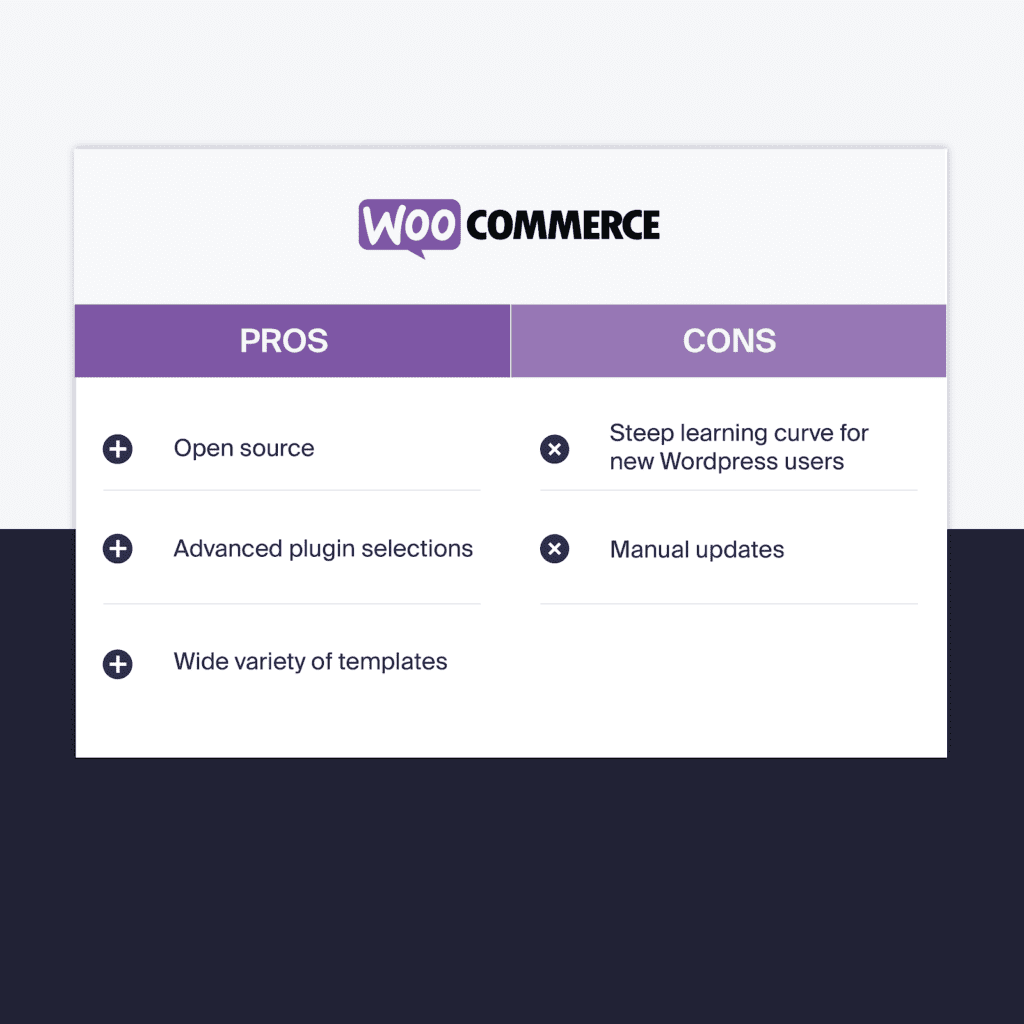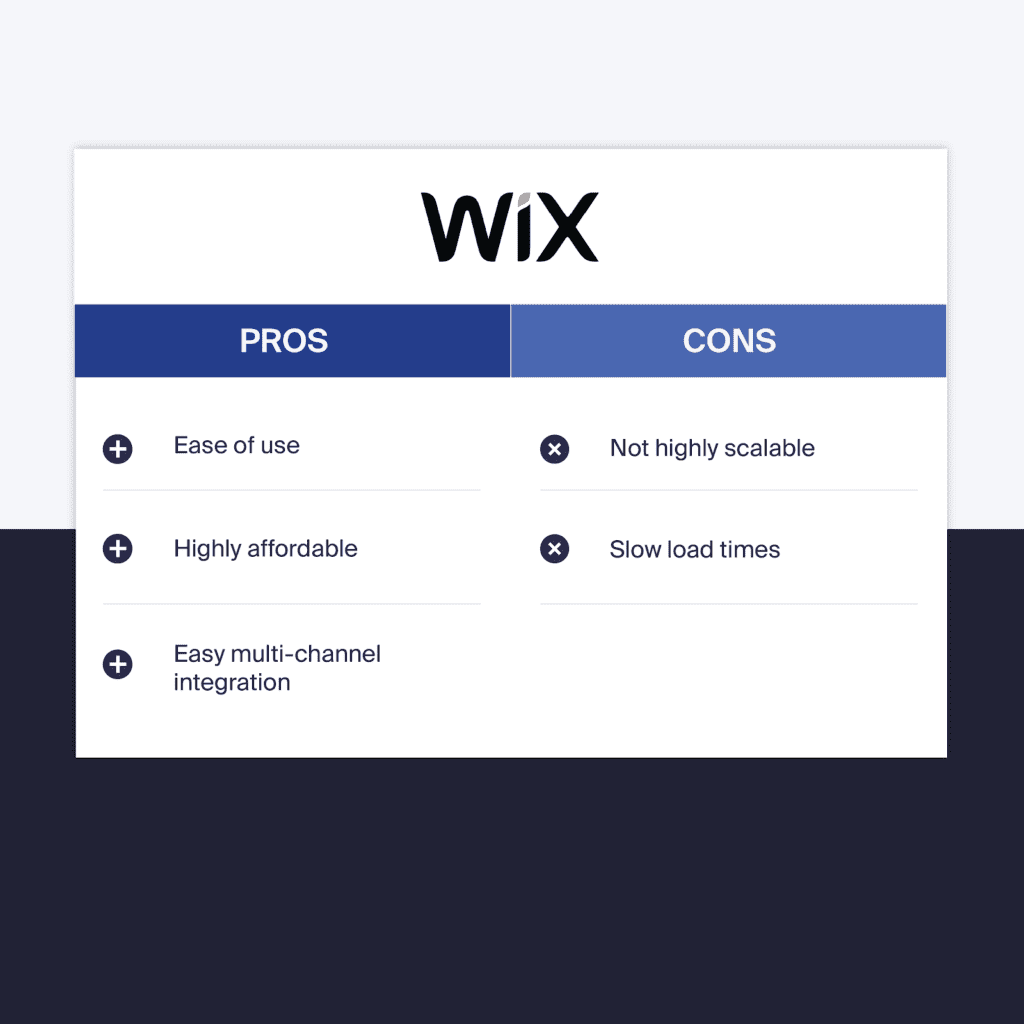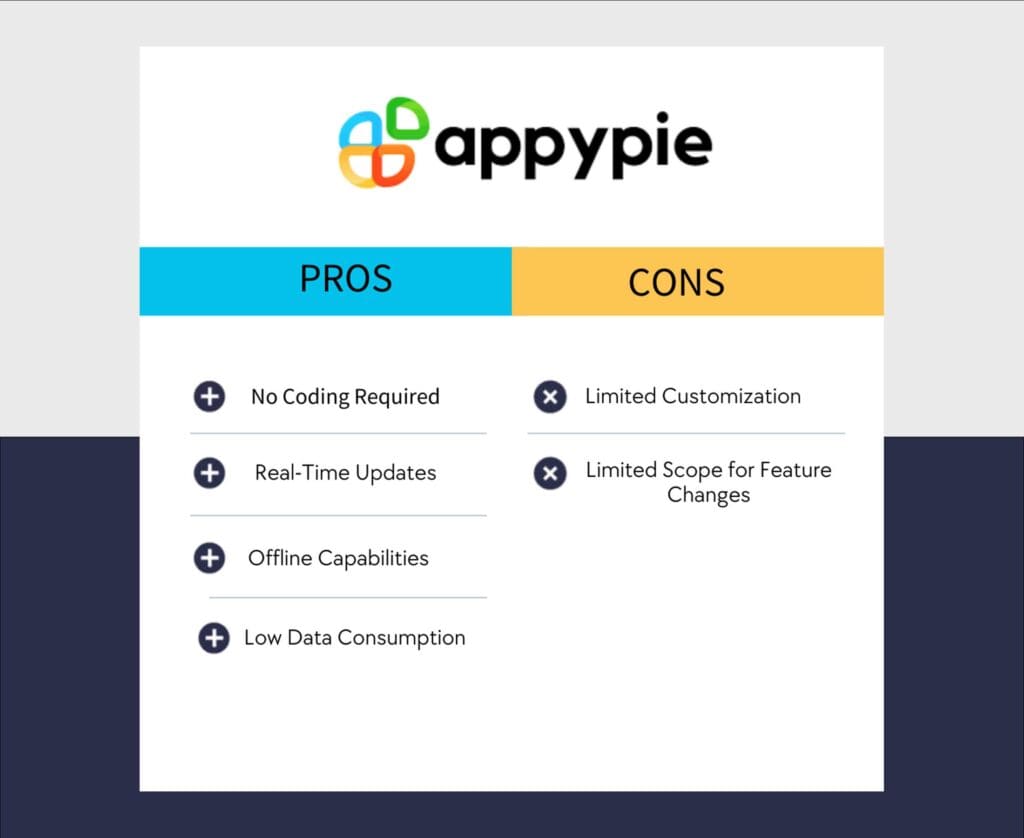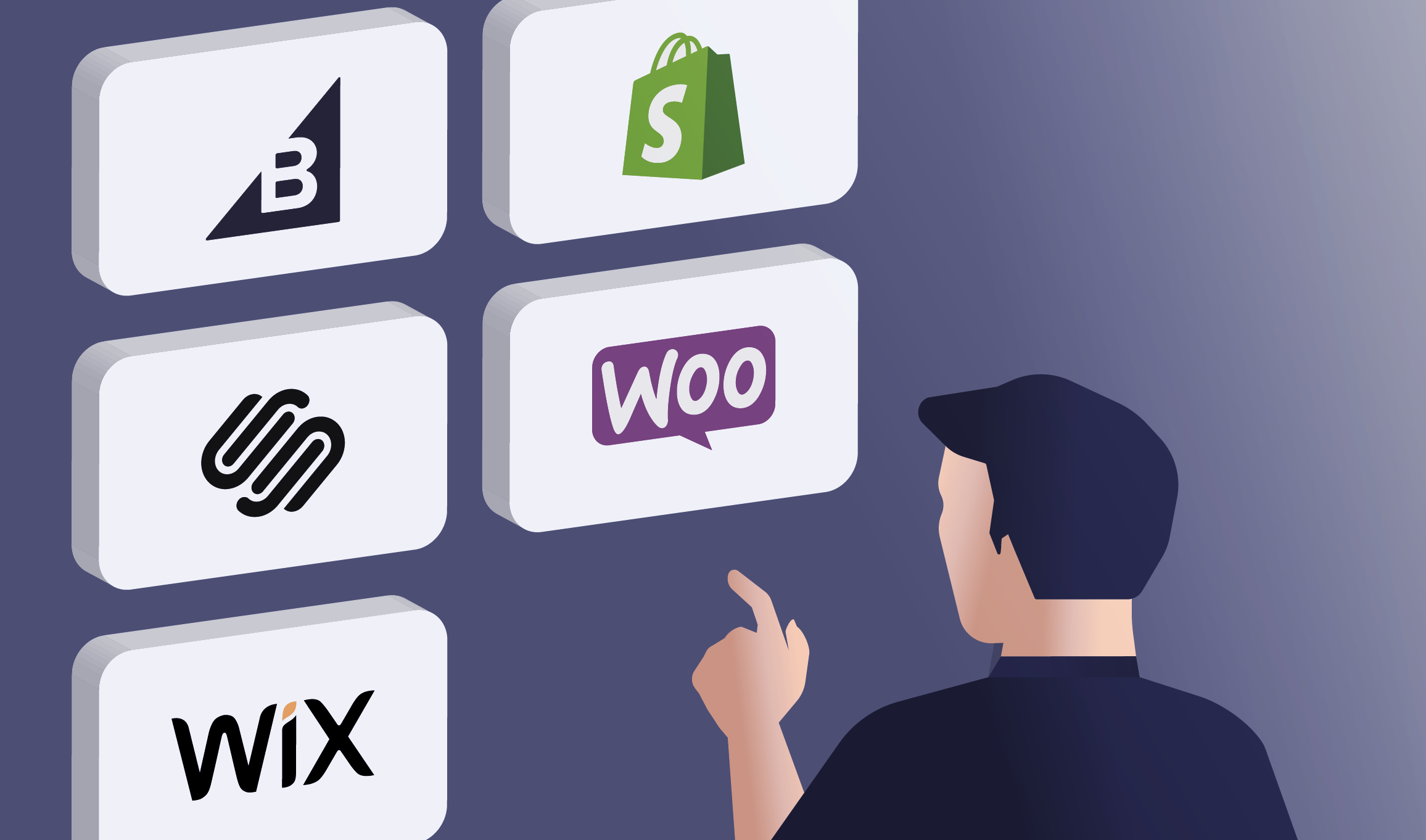Taking the time to choose the best eCommerce platform for your small business will allow you to focus on the aspects of running your storefront that are most important to you. Whether you’re ready to dive into hand-coding your own solutions or prefer a simple drag and drop editor, there is an eCommerce platform out there for you.
Finding the best ecommerce platform for your small business could be the first step to opening your direct to consumer (D2C) sales channel.
Whether you’re starting a new business venture, expanding your retail business into multi-channel sales, or looking to refresh your current sales platform, there’s no doubt that there are endless options for eCommerce platforms. But not all platforms are created equal, especially when it comes to small and mid-sized businesses. Whether your biggest concern is budget, load times, or design capabilities, there is a perfect eCommerce platform out there for you. That’s why we’ve pulled together a list of our top five eCommerce platforms for small businesses to help you decide which platform is the best fit for your business.
#1 Best eCommerce Platform for Small Business: Shopify
Shopify is one of the most popular eCommerce platforms on the market, and for good reason. It powers over 1 million businesses and has processed over a billion orders. It’s a hosted solution with paid plans available from $29/month-$266/month, not including the cost of a domain name. It comes with a 14-day free trial, but you’ll have to pay for the domain name whether or not you decide to stick with Shopify long-term.
Overall, Shopify is a great fit for most small businesses, as it’s very intuitive and easy to set up. The platform is easily tailored to your business needs through their robust app selection, and it offers plenty of integrations for multi-channel sales, including a POS for brick and mortar stores. It also comes with a large selection of storefront themes that are all mobile-friendly, so if you don’t have the time or resources to code custom solutions or layouts, it’s a great choice to get you up and running quickly and efficiently.

On the downside, some merchants complain that Shopify’s SEO capabilities are limited by their automatically-generated sitemaps and non-editable URL structures. Most basic users don’t find these limitations to be a major hindrance to driving traffic to their site, but advanced SEO users may want a platform that provides more flexibility. Shopify also tacks on a transaction fee in addition to the monthly fee.
#2: BigCommerce
BigCommerce is a hosted website builder and eCommerce platform with paid plans ranging from $29.95/month to $299.95/month and a 15-day free trial period. Many users find that it’s best suited for large and fast-growing companies but is easy and quick to set up for small businesses who are poised for rapid growth.
BigCommerce is certainly not the cheapest option on the market, but its offerings stand up to the price tag. There are numerous well-designed templates to choose from and robust SEO functionality. It includes numerous built-in tools to support secure checkout, abandoned cart recovery, and multi-channel sales. It’s also highly scalable with over 600 apps to choose from in their app store and charges no transaction fees.
There are, however, revenue caps according to the plan level you choose, and some users feel the cost of service becomes unaffordable once a store’s sales surpass $125,000. And while setup is simple, many users feel that instructions and help functions are written in a high-level tech speak that’s often difficult for beginners to decipher.

#3: WooCommerce
WooCommerce is a WordPress plugin that is managed completely through the WordPress dashboard. It’s an open source solution, so paired with a free WordPress site, it can be a low-cost solution if you can avoid adding on too many extra features. WordPress does require outsourced hosting, which some users like for the flexibility, but if you’re looking for more of an all-in-one solution, Bluehost offers hosting with WooCommerce and WordPress pre-installed bundles and a domain name starting at $13.99/month.
WooCommerce is an excellent “buffet-style” solution that allows users to pick and choose the plugins and functionality they need. There are many advanced plugins that your shop can grow into as your business needs become more complex. There is also a wide variety of templates to choose from, including mobile-friendly templates and an extensive library of video tutorials for new users. Because the platform is open source it is also highly customizable for advanced users and offers powerful SEO plugins.
However, this may not be the best solution for a new WordPress user. The nature of open-source is that it offers a high level of flexibility and customization that comes with a steep learning curve. WooCommerce also requires manual user updates, and while its library of tutorials is extensive, getting in touch with support when necessary can take a little longer than some users find ideal.

#4: Wix
Wix is a hosted platform with both free and paid options starting $5/month that includes a domain name but also includes ads that may distract from your brand, so we think it’s worth an extra $8/month to drop the ads with their Combo level plan. This is a great option for small businesses with little tech support. Its drag and drop editing functionality is easy to use, and its mobile-friendly templates are simple to implement.
As far as all-inclusive options go, Wix is the most affordable solution on the market. It’s also very simple to use, easily integrates with multiple sales channels, charges no transaction fees, and has a robust app store featuring both paid and unpaid ad-ons to fully customize your site.
However, its ease of use and affordability do come at a price. Most users find that the platform is not very scalable and don’t recommend it for companies expecting to grow quickly, especially in their inventory offerings. Wix is only recommended for companies carrying around 50 items or fewer. It’s also known to have slow load times, and is not easily edited once a theme or template has been chosen.

#5: Appy Pie
Appy Pie Website is a no-code website builder with an intuitive user experience that allows anyone – professional or novice – to create and launch their eCommerce website in no time.
Starting for $18/month, Appy Pie’s website maker has two plans, which you can choose from according to your needs and budget. The platform provides a wide range of website templates and features, making it easy to launch your online store.
All the eCommerce websites built on Appy Pie’s website builder platform are served through HTTPS, ensuring that you are well-protected from cyber threats and breaches. They also provide protection against DDoS attacks, giving you peace of mind that your eCommerce website is highly safe and secure.
Appy Pie Website’s additional features include: the ability to buy domains in-platform and easily connect with customer support.

The Best eCommerce Platform for Small Business Meets the Best Order Fulfillment for Small Business
Finding the best eCommerce platform for your small business is only one piece of the puzzle. Most small to mid-sized retailers find that their greatest strengths lie in bringing a great product to market, making sales, and connecting with their customers. Very few merchants go into business for the love of logistics, warehousing, and order fulfillment, but these components can often be major differentiators that give your new or growing business a competitive edge. Same-day fulfillment and 1-2 day delivery have become an expectation for many consumers, and if your store can’t offer it, they’ll likely abandon their cart to find another retailer who will.
Offering 1-2 day delivery may feel out of reach for most small businesses, but the emergence of a new on-demand, pay-as-you go model of warehousing that integrates state-of-the-art logistics software with your eCommerce platform is leveling the playing for SMB’s breaking into the eCommerce space. These full-service fulfillment partners allow merchants to sync all of their sales platforms together to automate order management, and their flexible service agreements make speedy outsourced delivery feasible and affordable for businesses of all sizes. Advanced logistics software also allows multi-channel sales and fulfillment to be fully automated so merchants can focus on the aspects of their business that drove them to the retail market in the first place.
To learn more about this new model of on-demand warehousing, take a look at our solutions. And to find out how Ware2Go’s platform could integrate with your new eCommerce platform to offer affordable 1-2 day delivery, schedule a time to talk to one of our logistics experts.



